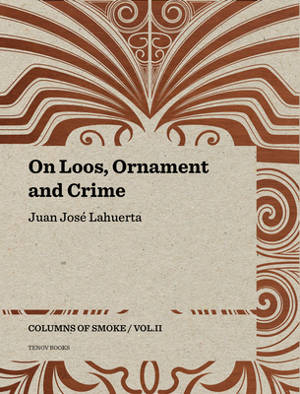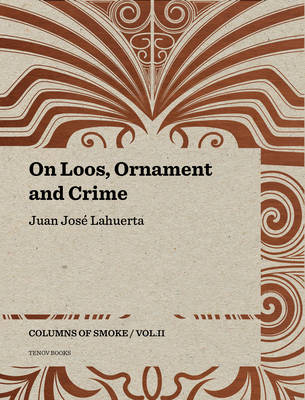
- Retrait gratuit dans votre magasin Club
- 7.000.000 titres dans notre catalogue
- Payer en toute sécurité
- Toujours un magasin près de chez vous
- Retrait gratuit dans votre magasin Club
- 7.000.000 titres dans notre catalogue
- Payer en toute sécurité
- Toujours un magasin près de chez vous
34,45 €
+ 68 points
Description
In his Columns of Smoke series, Juan José Lahuerta takes on the enormously ambitious task of re-reading modernity, offering us fresh ways of looking at it while drawing new links between the ideas of architecture and ornamentation, with a special focus on how they have been treated in print. While the first volume of Columns of Smoke considered epoch-making architect Adolf Loos's relationship with photography, here Lahuerta turns to the Classical strand in Loos's architecture and to his written work--and specifically his engagement with architectural and artistic theory. Lahuerta pays particular attention to Loos's seminal "Ornament and Crime," the essay that established disornamentation as the signal feature of twentieth-century architecture. Through close analysis of that essay he unearths the racially charged, pseudoscientific ideas from early anthropology that underpin Loos's thinking. Sure to be controversial, this new reading of Loos's landmark writings calls the whole disornamentation project into question, and in the process, it reveals a radically new perspective on a major turn in modern design and culture.
Spécifications
Parties prenantes
- Auteur(s) :
- Editeur:
Contenu
- Nombre de pages :
- 112
- Langue:
- Anglais
Caractéristiques
- EAN:
- 9788493923150
- Date de parution :
- 15-11-15
- Format:
- Livre broché
- Format numérique:
- Trade paperback (VS)
- Dimensions :
- 152 mm x 208 mm
- Poids :
- 226 g







